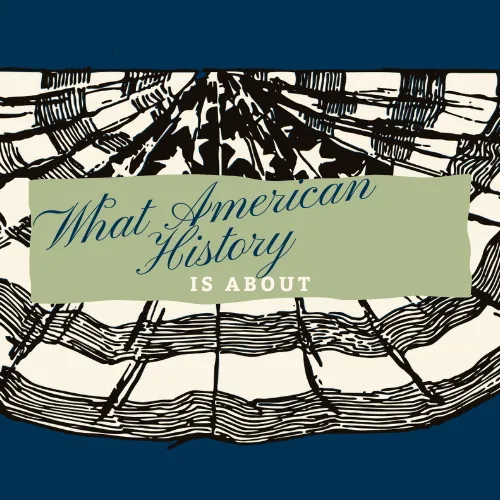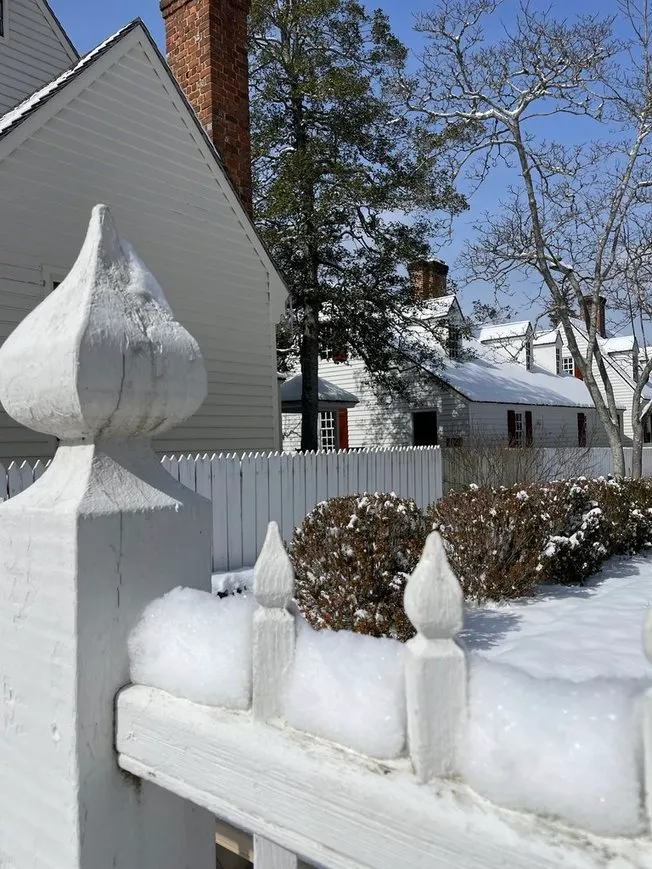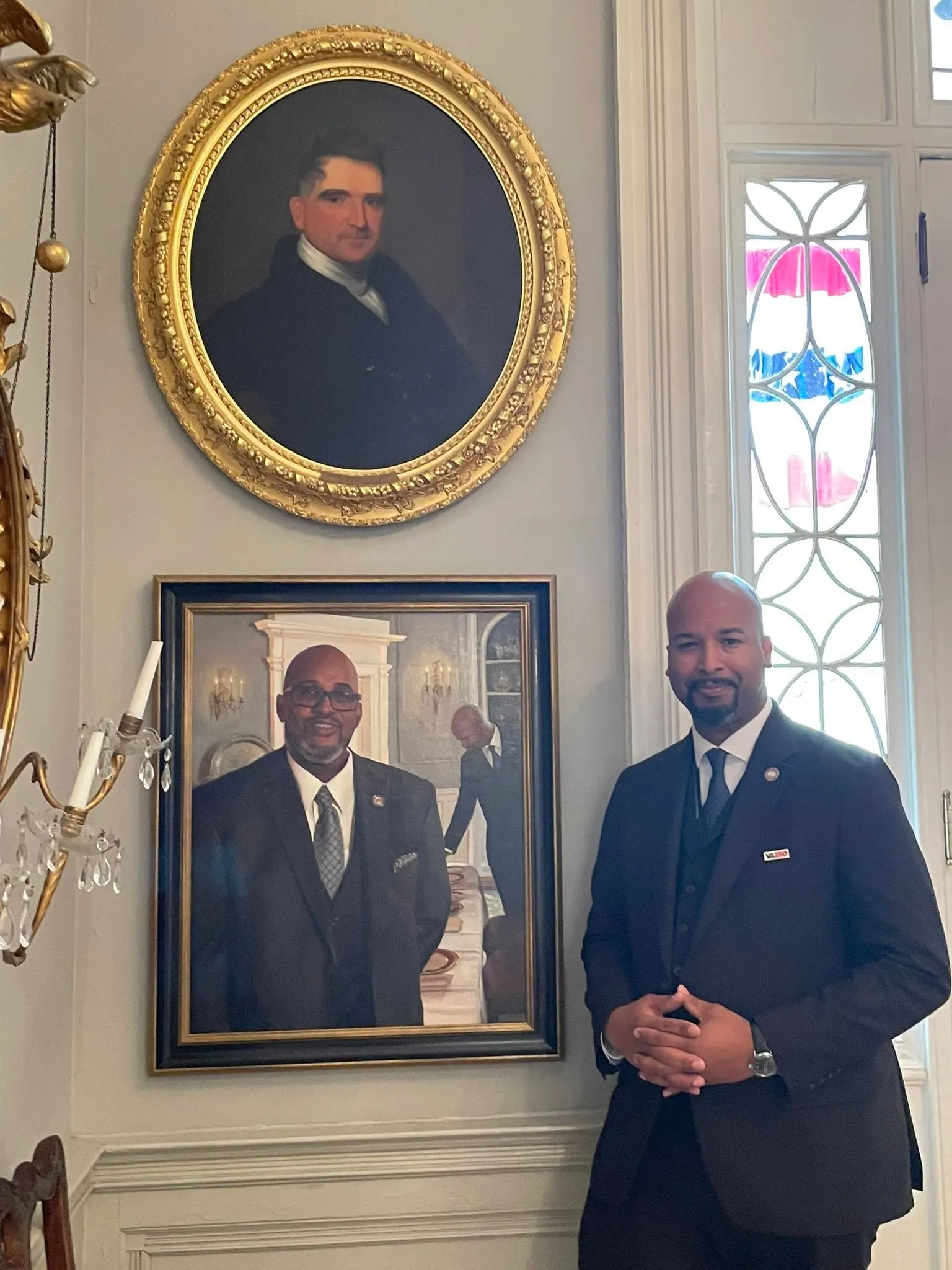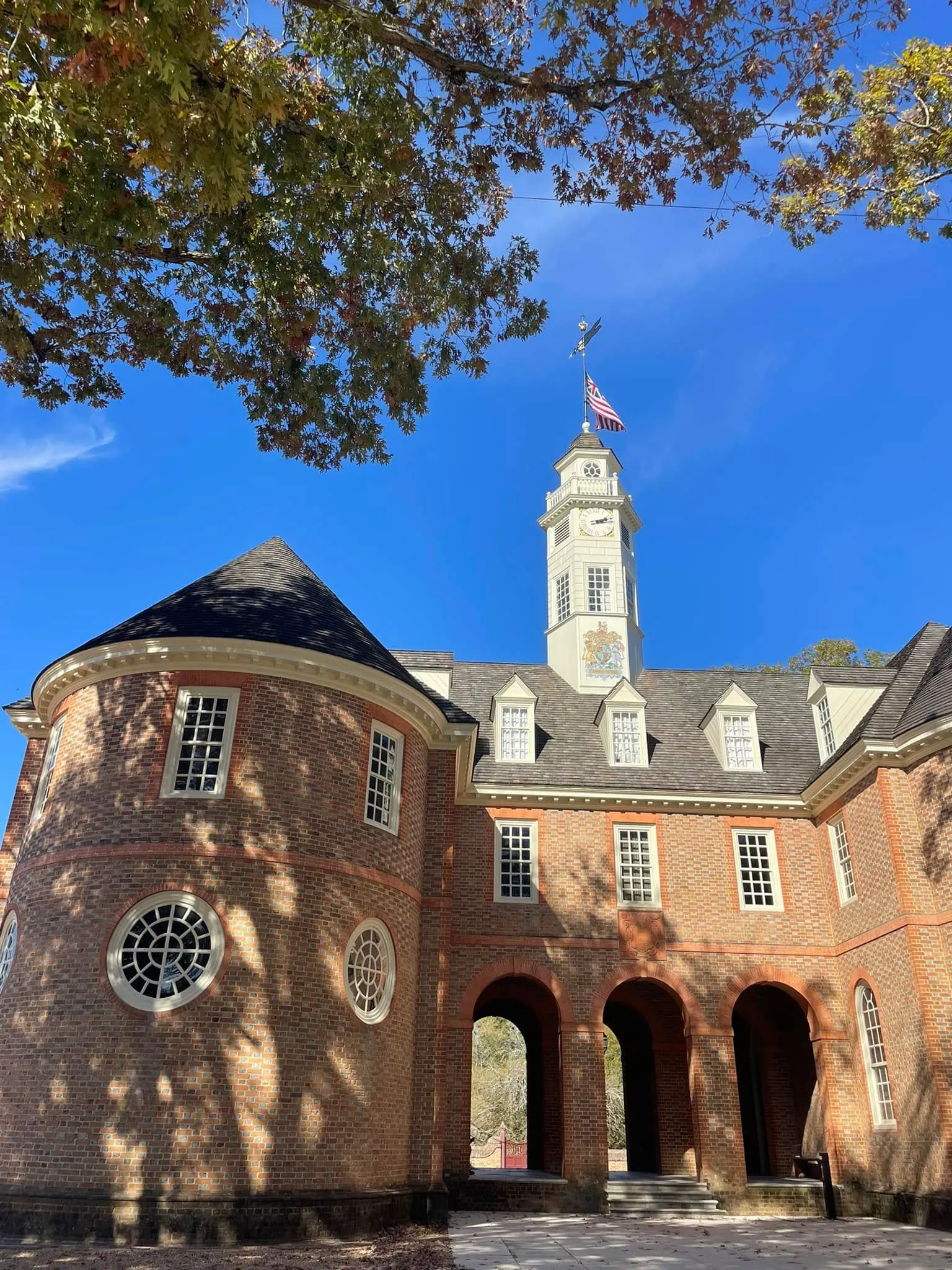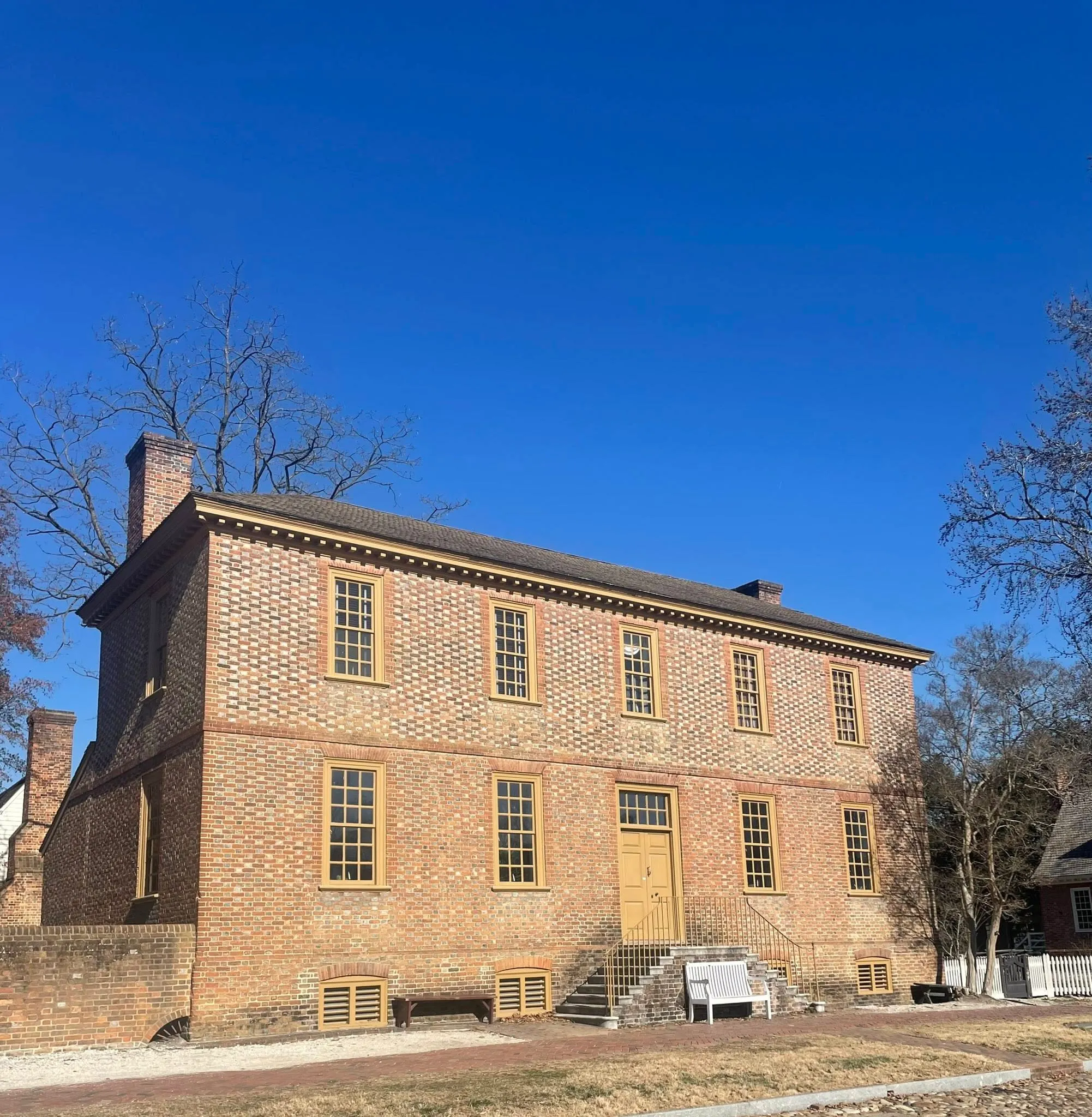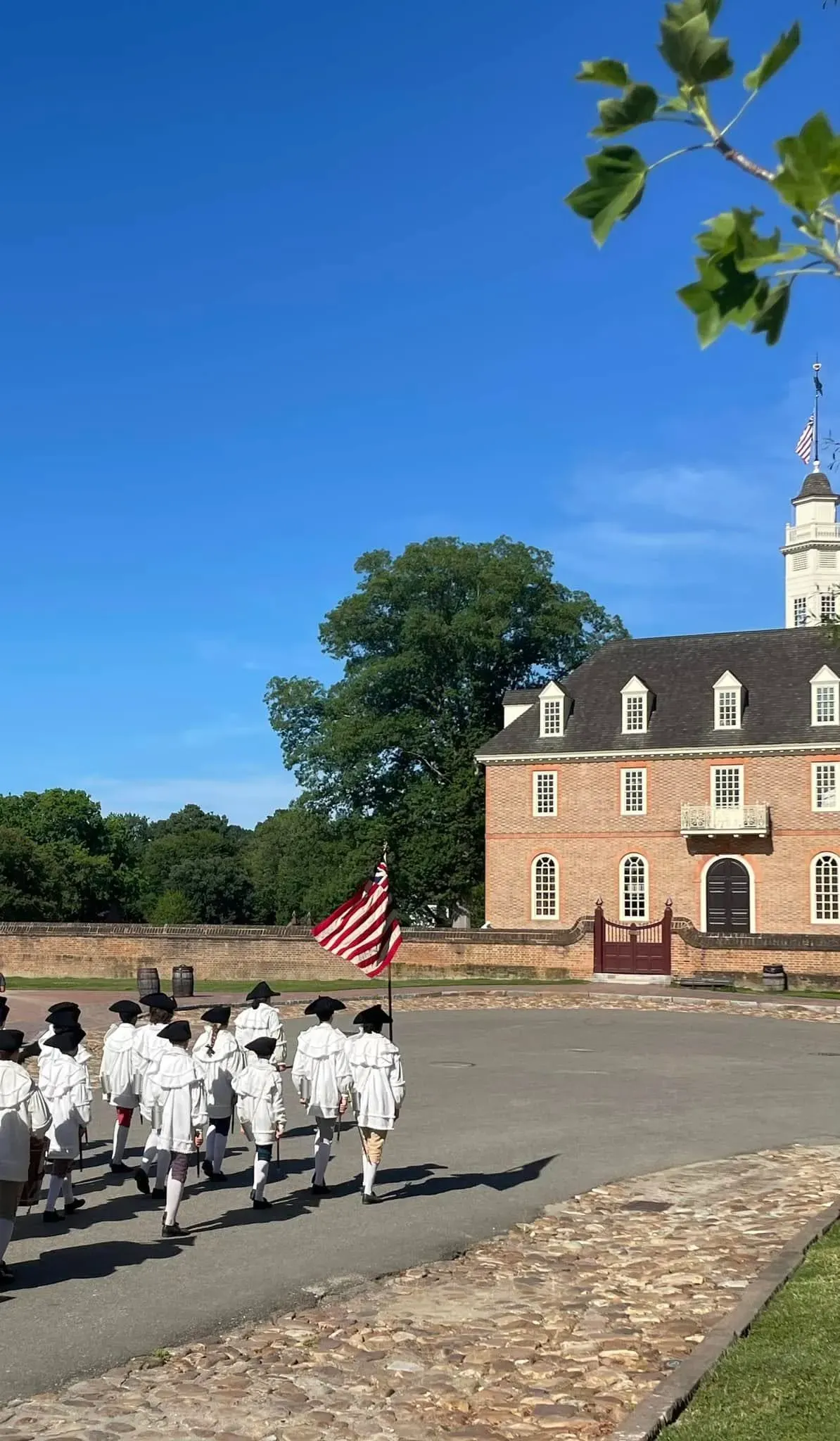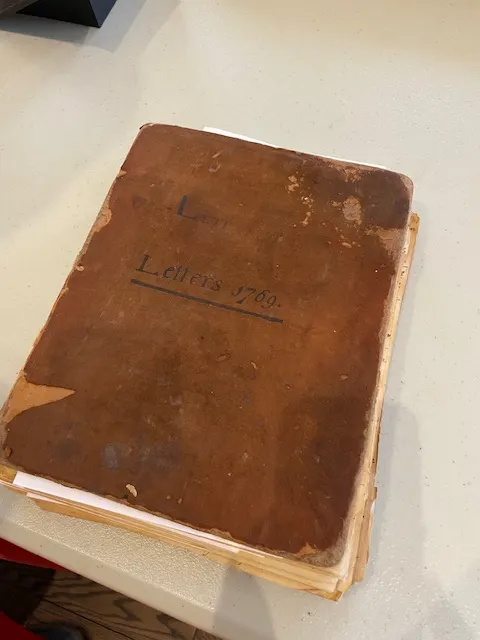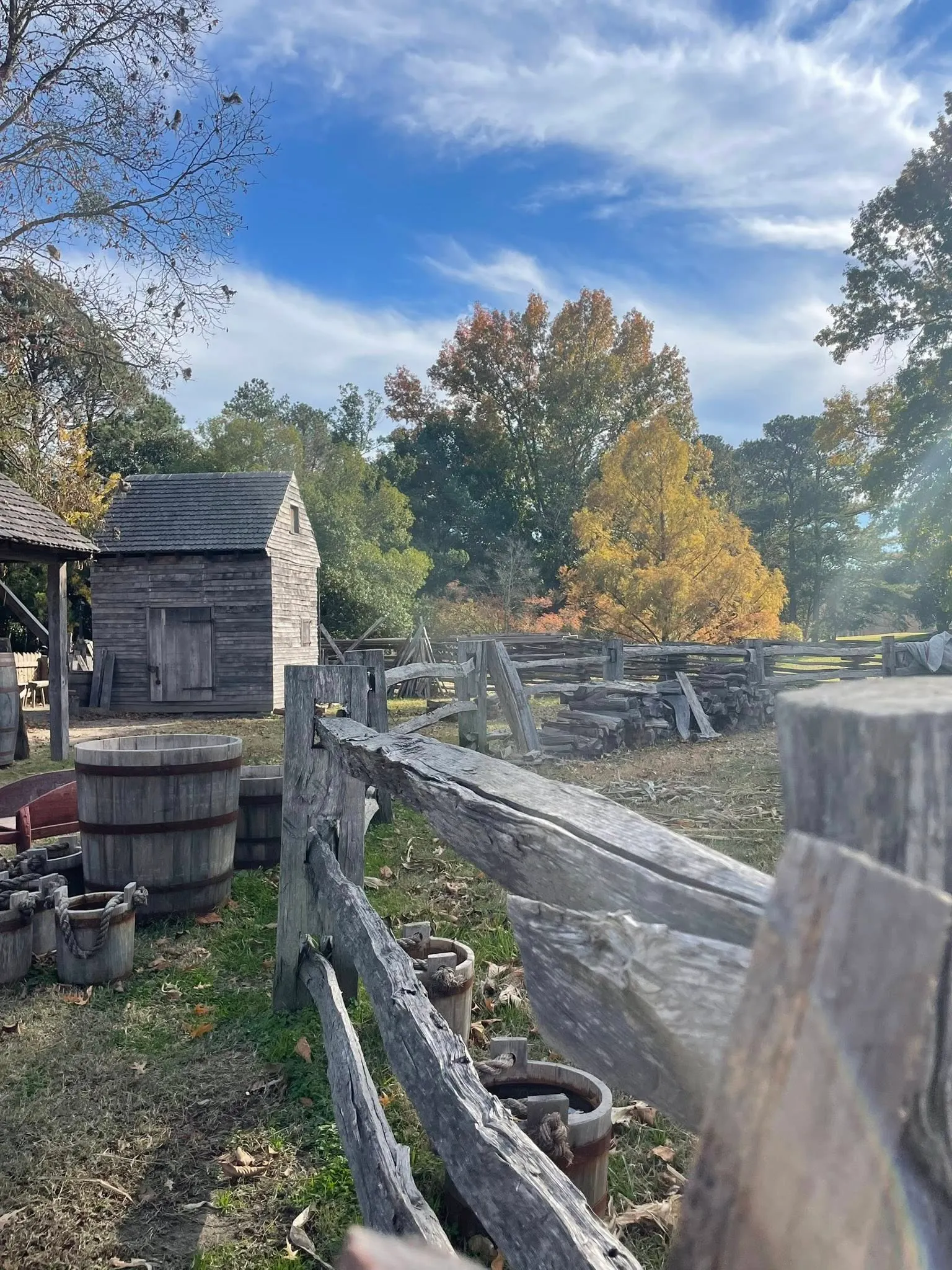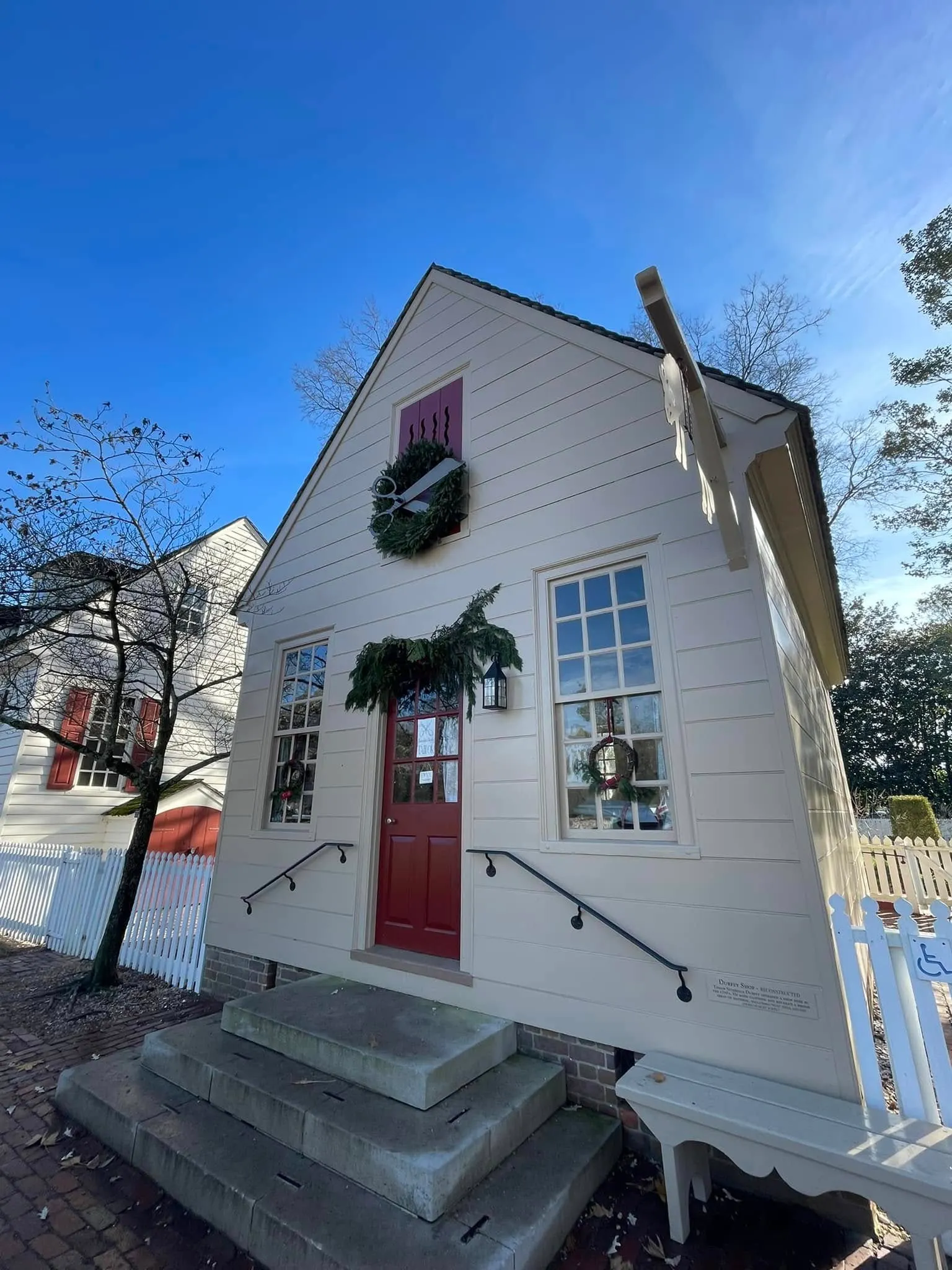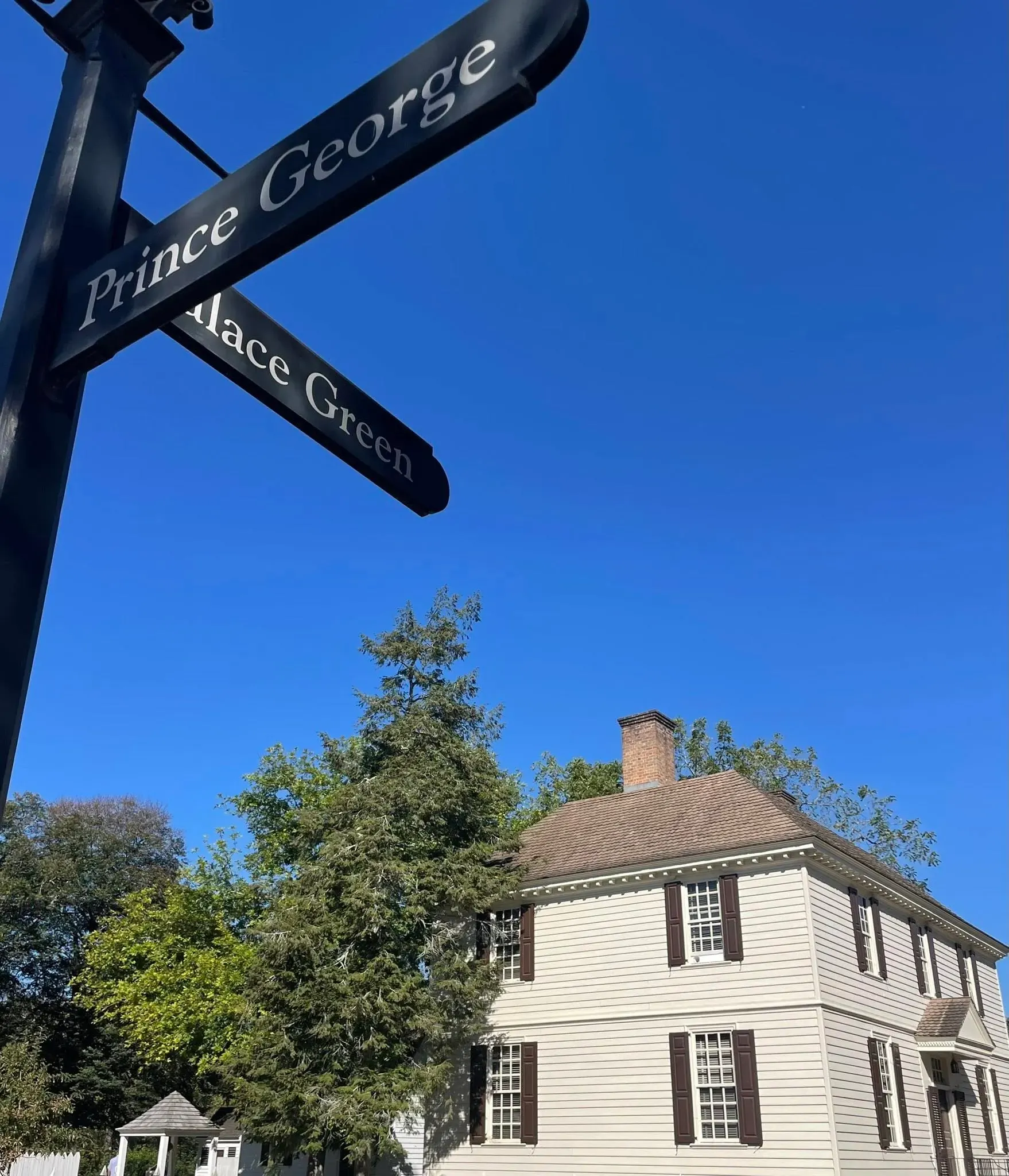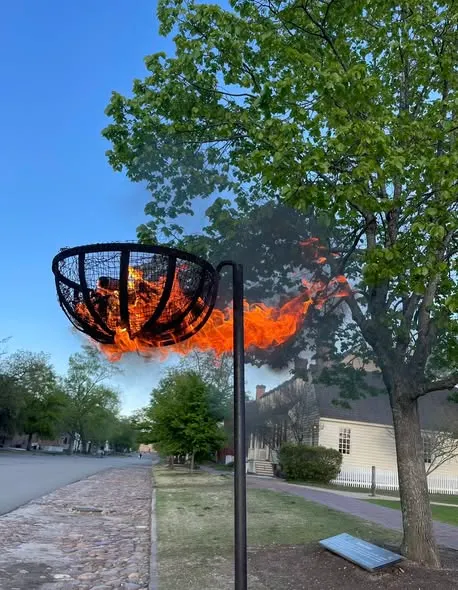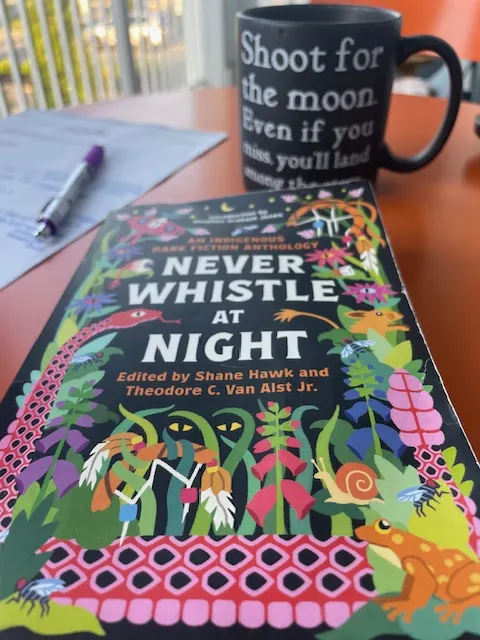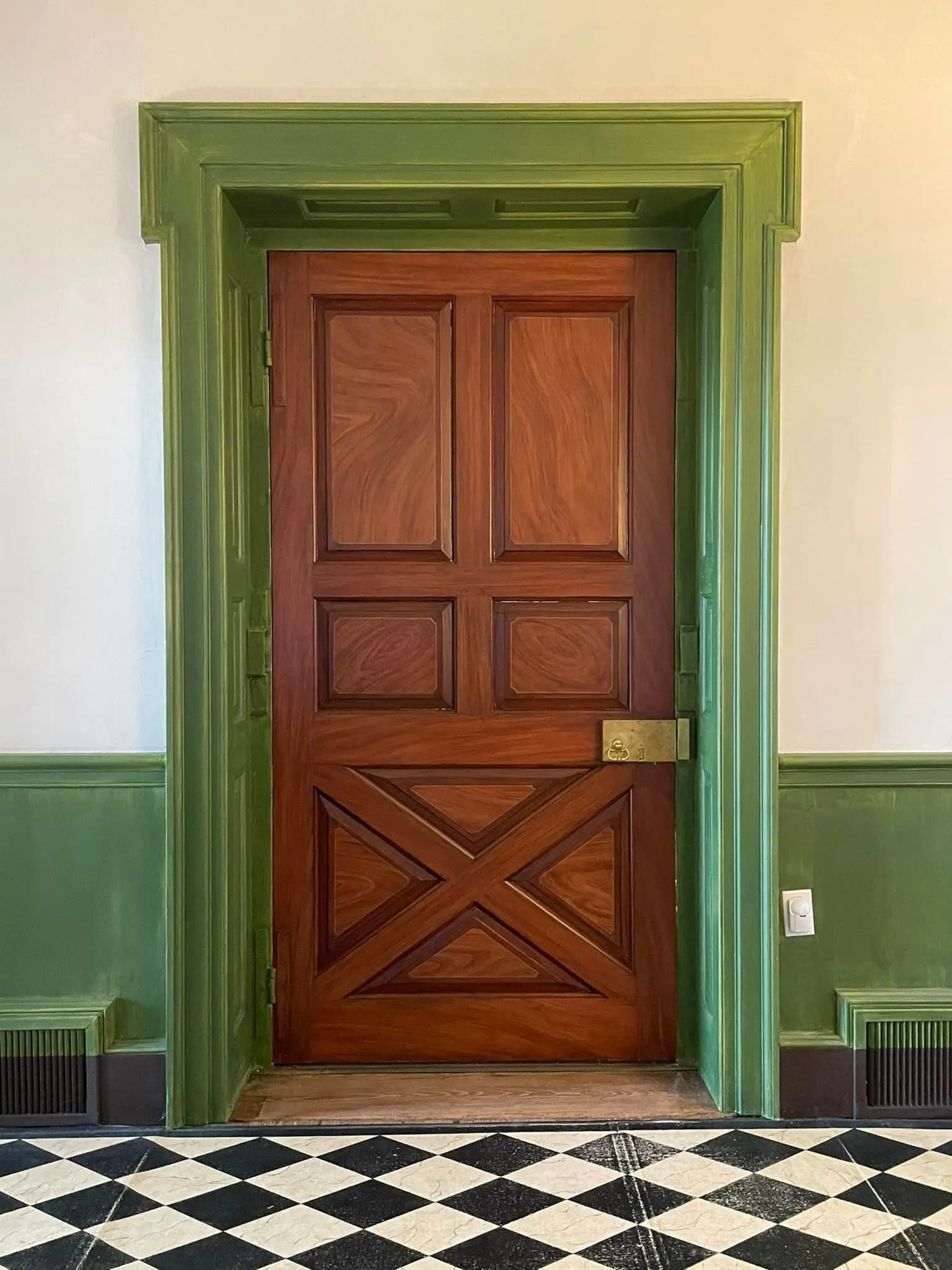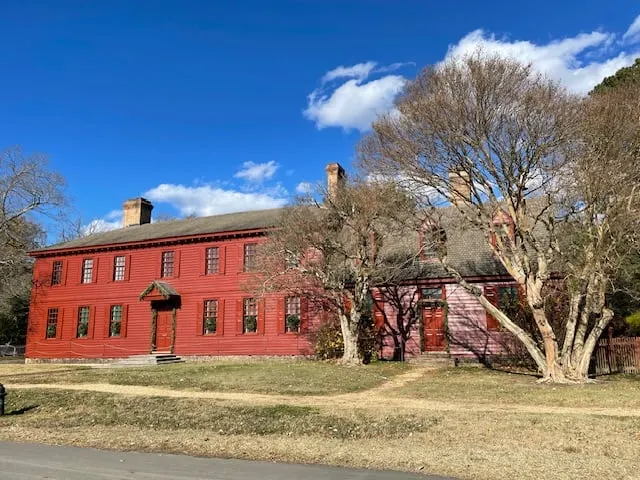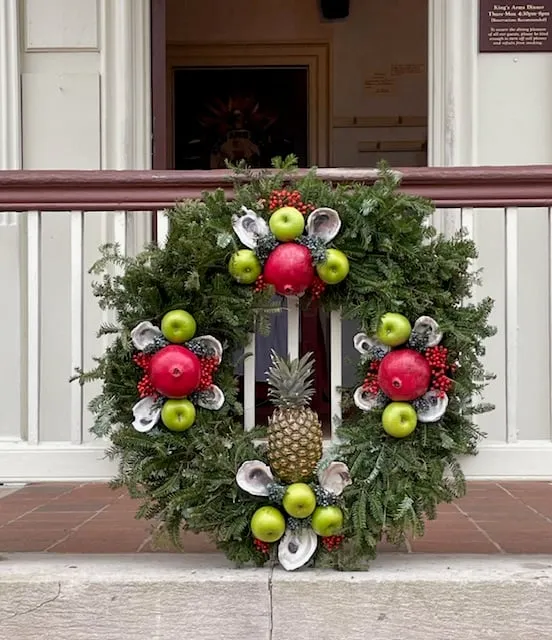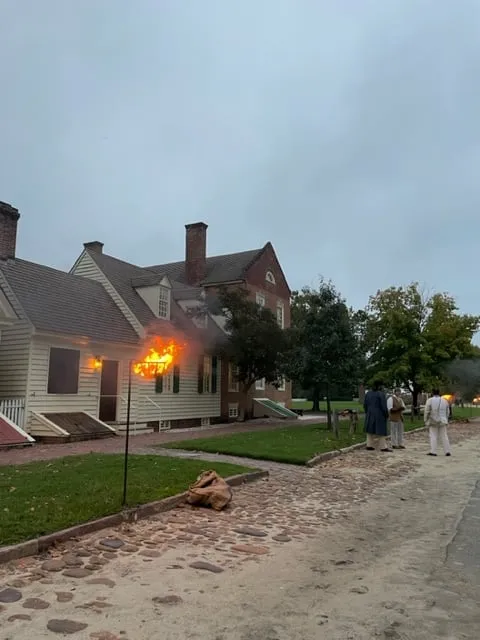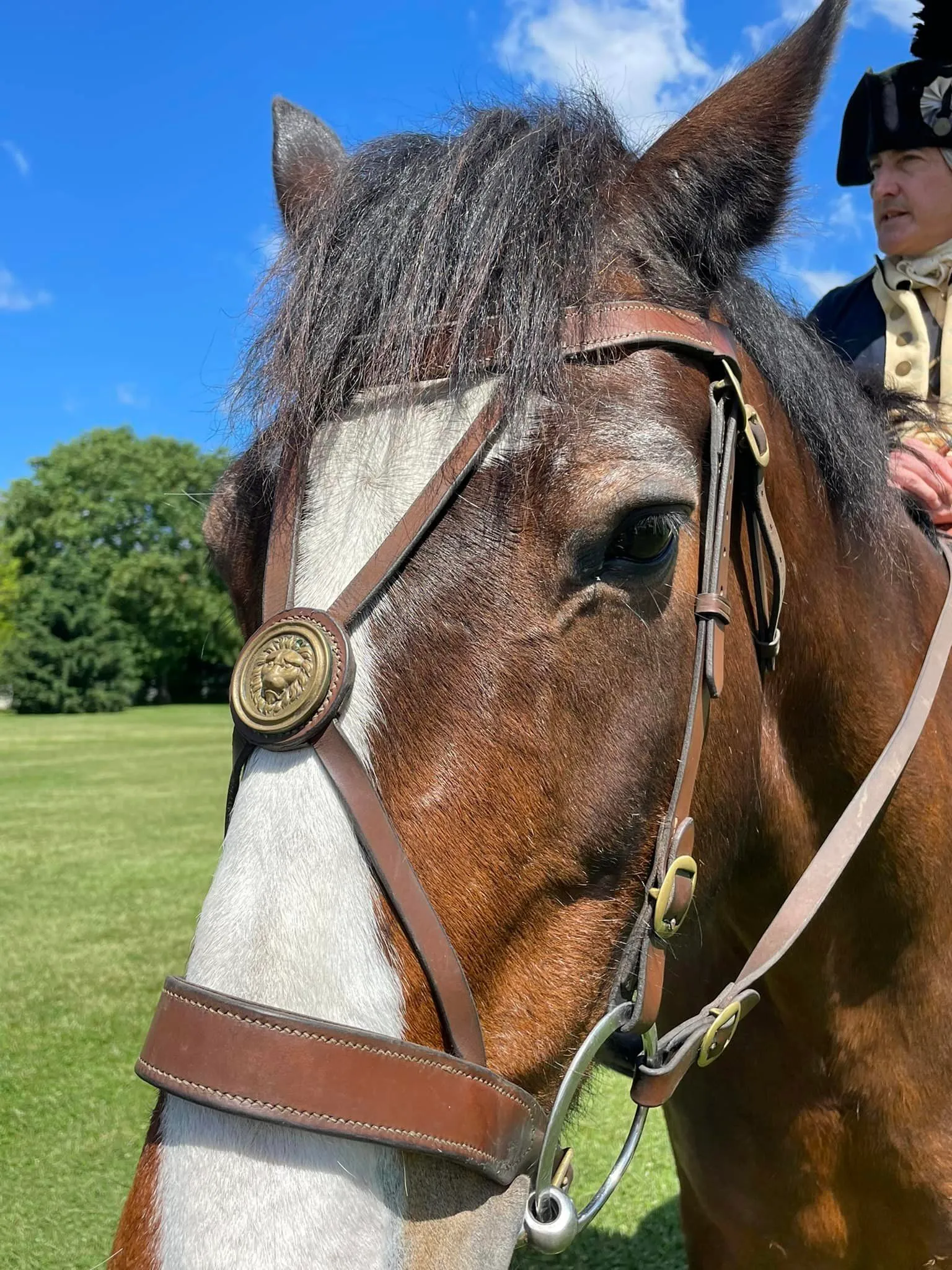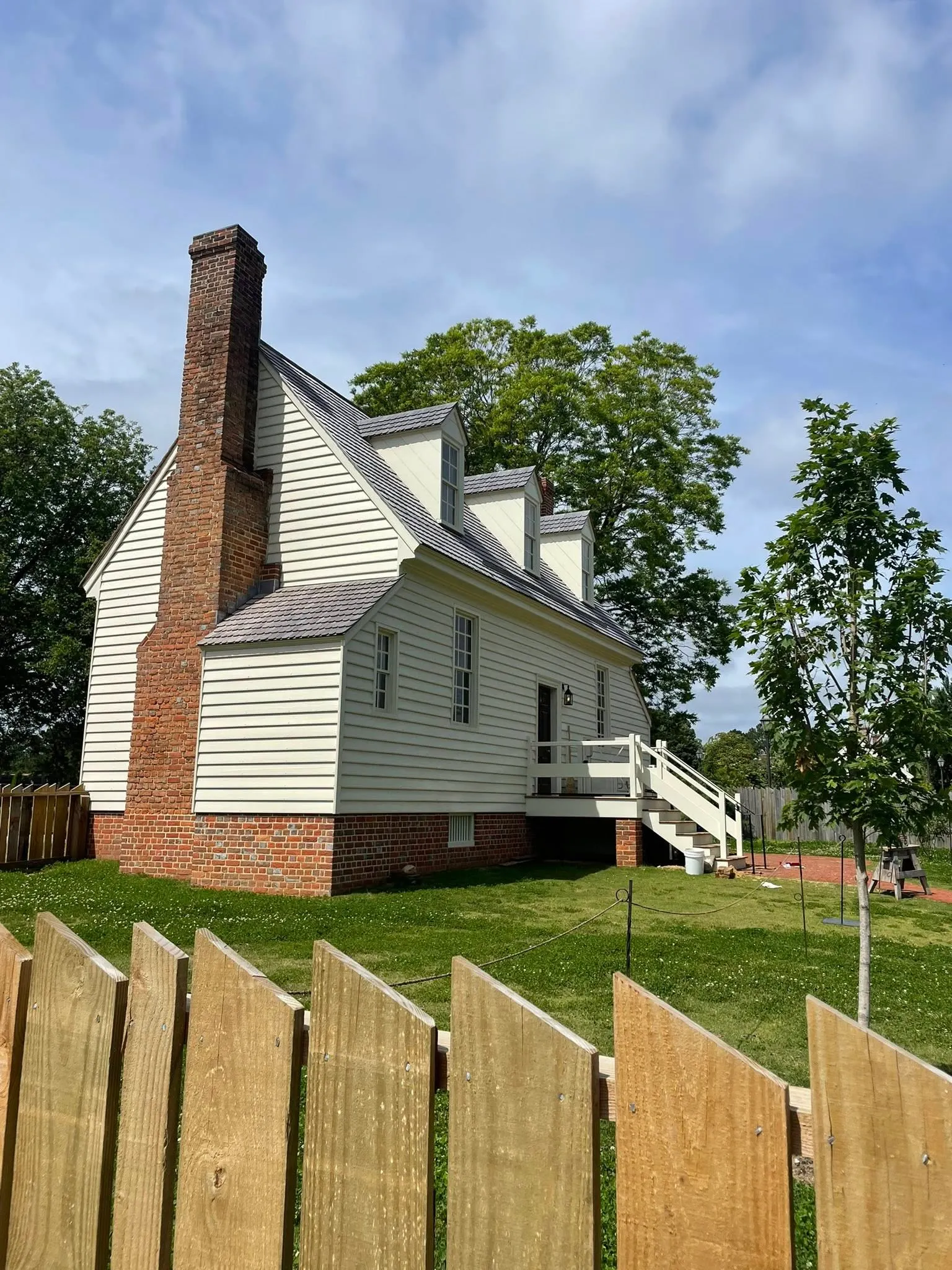July 4th, 1775 in Philadelphia: A Merchant Writes to Islington and the Words are Published in England
Historical letters offer perspective into daily life and major events.
In this year of 2025, we honor the 249th anniversary of America's vote for and declaration of independence on July 2, 1776 and July 4, 1776 respectively. In truth, the American Revolutionary War started well before this vote and declaration. The events leading to those two events in 1776, large and small, began years earlier.
If you've followed this blog, you know I've been sharing links relating to America's 250th- the full journey, stretching well before and beyond the date of July 4, 1776. Daily life was happening. People were doing all the things, feeling all the feels. Just like us today.
It's why I love reading historical letters.
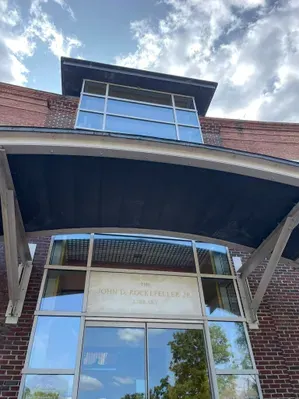
Entrance to John D. Rockefeller library
One book of letters has pulled me in more than once at Colonial Williamsburg's (CW's) John D. Rockefeller Library. It's a 1920's compilation of letters from 1774-76. And it includes perspectives from not only Patriots, but British soldiers and Loyalists alike.
A lot of this book focuses on military details, but it most definitely includes opinions, fears, excitement, and tidbits about daily life during a tumultuous moment in time.
RELATED: Click here to find America 250 events in your state.
Necessary disclaimer: As a blogger, I use affiliate links sometimes! I may receive commission from purchases I share; it does not change your price but sometimes you might get a discount.
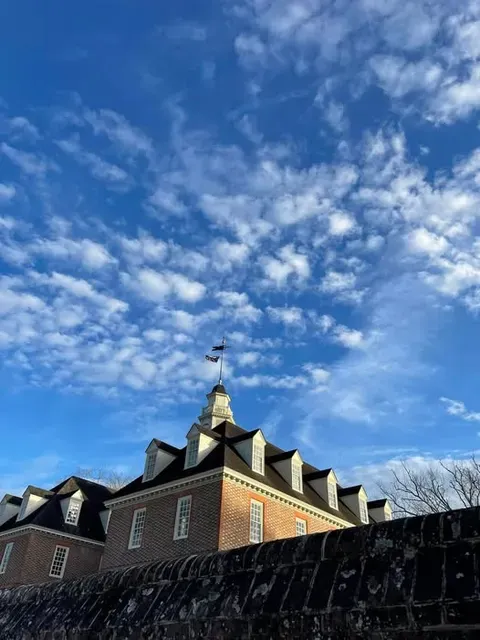
CW's reconstructed Capitol, where independence was adopted, 1776
One man's perspective through a single letter.
The excerpt.
I'm dropping an excerpt of a letter written in Philadelphia and sent to England. And note: I'm transcribing to the best of my ability- as well as breaking the long paragraphs of all letters in this post into shorter ones for ease of reading.
Citation:
Letters on the American Revolution 1774-76, edited by Margaret Wheeler Willard, Houghton Mifflin Company, The Riverside Press Cambridge 1925
"Extract of a letter from a Merchant of Philadelphia, to his friend at Islington, July 4.
Business here is at a total stand, as every person both young and old are learning the military exercise, in which they have acquired great dexterity;
....
I take great pleasure (being emulated from so many noble characters round me) in learning the exercise with them, which we perform every day upon a fine common near the city, with an almost enchanting wood at the back of us, where we regale ourselves after we are done.
We have 2000 men besides, ready to turn out upon the shortest notice: The whole of this city and Colony are resolute to a man, to oppose the invasion of our liberties; and are determined to lose our lives, sooner than consent to the least abatement of privileges granted us, by a graciously provident God in our charters."
(letter continues)
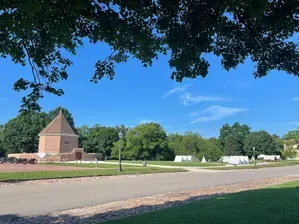
Magazine and military encampment, CW
Printed in England.
This letter from the Philadelphia merchant was printed in an English newspaper, Lloyd's Evening Post and British Chronicle- why?
It was common for letters, either in full or excerpts of, to be printed in newspapers. Sharing news and events as well as insights into daily life locally and abroad, could be efficiently achieved through letters.
Without diving in deeper, I can't say for sure all the motives to printing a letter from a Patriot for residents of England to see, but it motivates me to learn more about the 'why.'
What I love about this letter.
At the time this letter was written, the second Continental Congress was meeting in Philadelphia. Weeks earlier George Washington was made our first commander-in-chief of the Continental army.
So here's why this letter drew me in:
- Business being at a "total stand" hit me. It meant everyone was invested in what he was about to share. You can conjure up the image of life as it's always been... just stopping. Daily life has changed.
- I could feel the environment. The author describes both the number of men and the "woods," not only giving a physical context to their daily "learning exercise" but also to their excitement. He uses the word "regale" after all!
- He's decided to give detail about the passion of everyday people. People in England likely have been reading about members of the Continental Congress and their notions about liberty. If their understanding was the passion was only a philosophical sentiment, this letter shows that 2000 men, likely of all social stations, share the passion. And they're ready to "turn out upon the shortest notice."
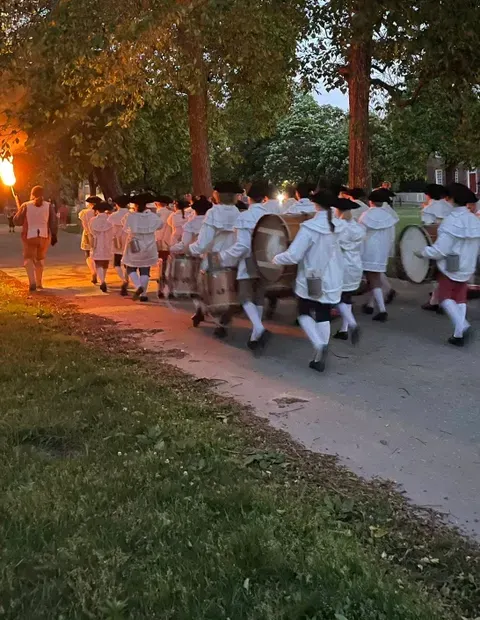
Fife and Drum march in CW
Dig deeper.
For me (and this blog!).
I will most definitely:
- visit some of the trades of CW and learn more about letters published in both American Gazettes and English newspapers during the Revolutionary era
- continue diving into the letters compiled into Willard's book
- and of course- keep sharing my revelations (if you can call them that!), both major and minor, on this blog
For you.
Check out three related posts in this blog:
- Revolutionary perspectives: an earlier post inspired by letters.
- George Washington's letter to his wife Martha, written in June of 1775.
- The 250th anniversary of the 'shot heard round the world."
Come visit us in Colonial Williamsburg, where the first vote for independence took place in May of 1776.
And get this: I'm now licensed to give you a customized tour! I'll be dropping a link as soon as I post the details, but in the meantime you can message me through Instagram by clicking here if you want to set one up!
My other offering: curated and customized experiences through an itinerary I'll create especially for you. Again, message me!
You can also reach me by email, just subscribe and connect!
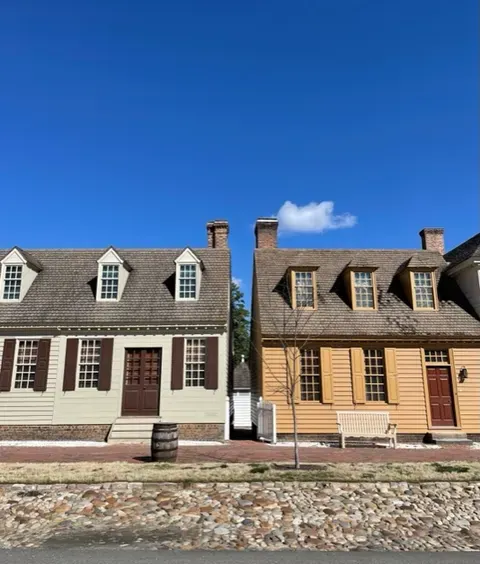
Buildings on Duke of Gloucester Street, CW
Closing words from history.
Jumping ahead to May of 1776, another excerpt from Willard's compilation, which you can click here to purchase.
Author's note: I've transcribed as well as I could, forgive errors and feel free to let me know of any!
"Extract of a letter from a gentleman of Philadelphia, to his friend in London, dated Philadelphia, May 18, 1776.
My Good Friend,
I received your favor of the 27th of December last, and have ventured to convey this in the manner as you were so kind as to direct. You tell me that nothing will appease your Ministry but unconditional submission. Alas! Sir, such language may answer the purpose of a Bute, a Mansfield, a North, a Sandwich, and a Rigby, but it has no weight, and makes not the least impression on an American Congress, further than uniting them more firmly in the godlike cause they were engaged in.
(letter continues)
Are you enjoying the blog? Use my online tip jar and buy me a coffee:
There is a huge practical disclaimer to the content on this blog, which is my way of sharing my excitement and basically journaling online.
1) I am not a historian nor an expert. I will let you know I’m relaying the information as I understand and interpret it. The employees of Colonial Williamsburg base their presentations, work, and responses on historical documents and mainly primary sources.
2) I will update for accuracy as history is constant learning. If you have a question about accuracy, please ask me! I will get the answer from the best source I can find.
3) Photo credit to me, Daphne Reznik, for all photos in this post, unless otherwise credited! All photos are personal photos taken in public access locations or with specific permission.
